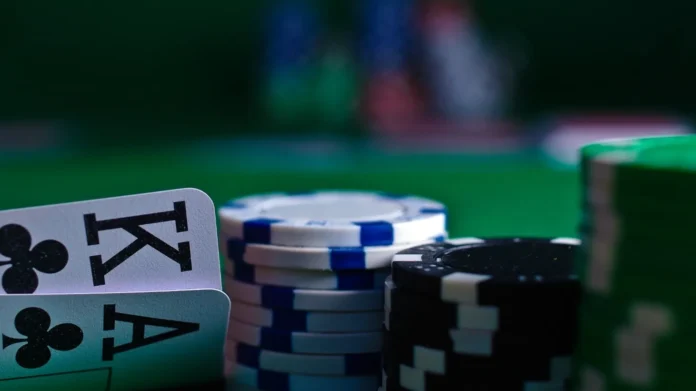Slot games have a magnetic appeal that attracts millions of players worldwide. The bright lights, engaging sounds, dragon99 and the thrill of potentially hitting the jackpot create an exhilarating experience. However, behind the excitement lies a complex interplay of psychology that can lead to addictive behavior for some individuals. In this article, we’ll delve into the psychology behind slot games, shedding light on the allure they hold and the potential risks associated with their addictive nature.
Reinforcement and Rewards:
Slot machines are designed with a concept known as “intermittent reinforcement.” This psychological principle is based on the idea that receiving rewards sporadically is more enticing than a consistent pattern of rewards. Players are motivated to keep spinning the reels, as they never know when the next significant win will come. The excitement of the unknown triggers the brain’s reward system, releasing dopamine, a neurotransmitter associated with pleasure and motivation.
Near Misses and the “Almost-Win” Phenomenon:
Slot games often incorporate near-miss outcomes, where the symbols on the reels come close to forming a winning combination but fall just short. These near misses contribute to the feeling of an “almost-win,” which tricks the brain into perceiving the result as a step towards success rather than a loss. This phenomenon fuels the desire to try again, as players believe they are on the verge of hitting a substantial payout.
Escape and Loss-Chasing Behavior:
For some individuals, slot games offer an escape from reality and daily stressors. The immersive nature of modern video slots, with their captivating themes and engaging storylines, draws players into a world where worries temporarily fade away. Additionally, the concept of “loss-chasing” plays a role in addictive behavior. After experiencing a loss, players may feel compelled to continue playing in the hope of recouping their losses, leading to a cycle of chasing wins and potential financial troubles.
